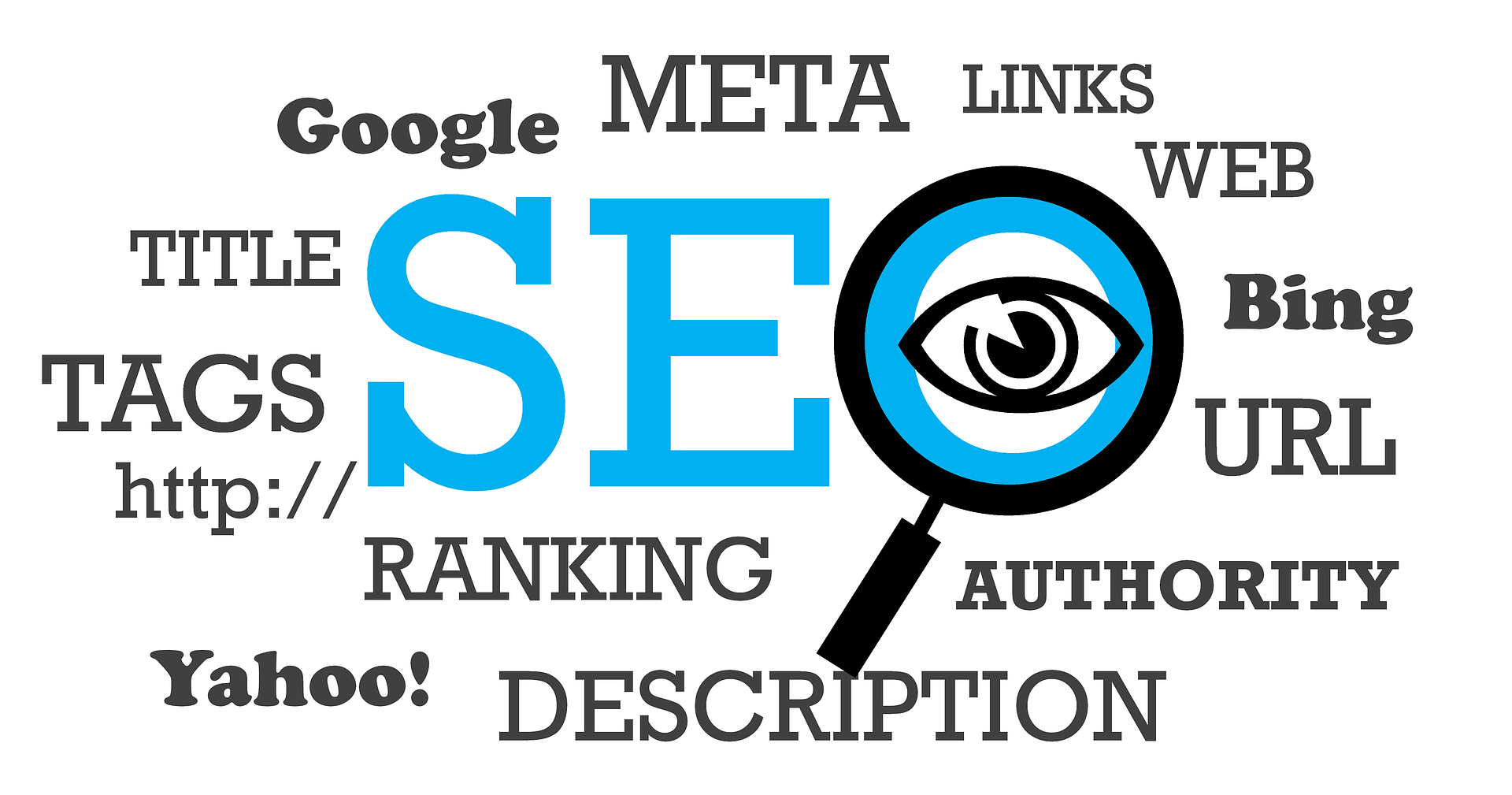Search engine optimization (not only on Google but also on other search engines, e.g. Bing), is a very successful but also complex discipline. Although it is in fact a branch of Web Marketing, it requires technical and analytical skills so thorough that it is often treated as a science in its own right.
We also know that the benefits of an SEO activity are appreciable in the long term and not immediately, as in the case of SEM.
Get with just one click:
- Captivating content that grabs your audience’s attention
- Unmatched creativity for emotionally engaging content
- Trend-savvy copy to climb the search rankings
SEO marketing: Meaning and definition
SEO stands for Search Engine Optimization, which consists of the practice of increasing the quantity and quality of your website traffic through the organic results of search engines. Seo studies how searches, algorithms, user behaviors work, which are the most used keywords.
Understanding this science can provide great insights for new ideas to leverage in a successful Content Marketing strategy, to formulate assumptions about future market trends, or to effectively reach the target audience.
If you are a small business owner or professional and personally take care of the marketing activities for your business, these secrets can give an extra boost to your online presence, your brand and, ultimately, your business.
For example, there is a correlation between content length and search engine placement, the same that is also reflected in social shares. length and positioning: longer content inspires more confidence and is therefore more authoritative.
The real key lies in the correct Strategy of Inbound Marketing.
The best SEO strategies
The starting point is the consumer’s awareness of having a need; to meet this need there will be an X number of possible solutions. The person will then consider the different options and evaluate the various aspects, not least the cost-benefit ratio. Finally, he will make a decision and proceed to purchase the chosen solution in the way he prefers.
The Buyer’s Journey gives you a valuable insight into your potential customer, which is necessary to properly structure the strategy. Keep in mind that the need does not always precede the knowledge of a product in fact sometimes it is the product itself that arouses in the user a need that he did not even know he had. This concept is closely linked to that of keywords.
We will find that the different keywords you will need to create organic traffic on your site once inserted into it: by creating content on your site for each of these keywords you can also intercept users at different stages of the Buyer’s Journey. For example a keyword followed by the indication of the city, such as “Verona softeners” suggests that the user is already oriented to purchase and therefore to search for points of sale in his area of residence. You can now create content optimized for these keywords and reach users interested in your specific product who use search engines to prepare for purchases.
Through long tail keywords it is also possible to discover the wishes of the consumer. when we talk about long tail keywords we only talk about those composed of 3 or more terms (for this they are called “long tail“) and that describe very specifically the object of the search.
Think of research as an “online sale of women’s socks” The search for “socks” could also come from a user who simply searches for images; but those looking for “online sale of women’s socks” are looking for an e-commerce from which to buy.
Let’s say you want to open a new online store selling coats, what will you have to do? Once you’ve created a keyword list, you might as well delve into a few specific aspects to better target your production and campaign. For example, you could check which colors are most searched for and adjust accordingly.
With Google it has become easier to predict market trends through the study of algorithms. For an SEO, this analysis of the indicators offered by Google is a fundamental step to take. For specialists, following google algorithm updates is a matter of survival: even a single change in the algorithm can lead to a sudden disruption of the ranking and SEO strategy. Just consider, for example, Google’s measures to reward mobile-friendly sites in search results and penalize those with an unresponsive layout. This move took some marketers by surprise and forced them to run for cover, ising the term Google Mobilegeddon for the occasion.
On the other hand, those who saw this update when it was still far enough on the horizon had time to prepare for themselves and their customers. It was not difficult for them to predict that Google would attach relevance to the mobile-friendly aspect of users in ranking; as a result, they made the appropriate adaptations on their sites and those of customers long before the risk of penalty occurred.
Contents
Contents is an innovative, high-performance marketing tech company that has developed a proprietary software platform that analyses, produces and distributes original. Contents also uses the Natural Language Generation system, based on Artificial Intelligence, which allows us to create natively multilingual and customised content in seconds, without the need for human intervention. Our services are designed for e-commerce, editors and web agencies. Sign up for free!
